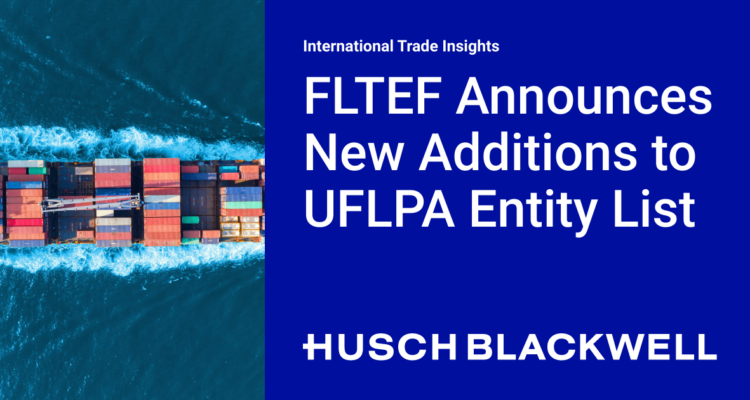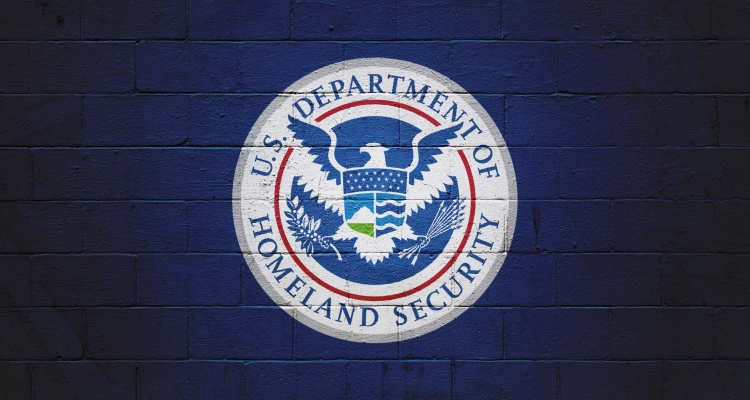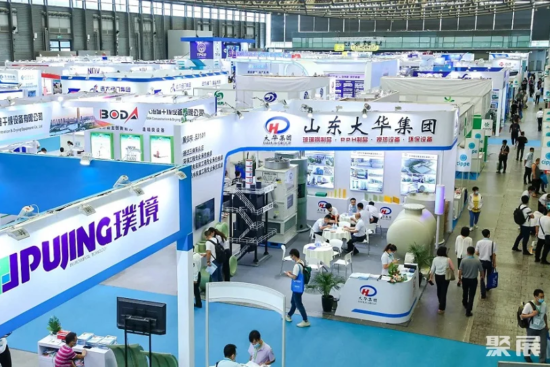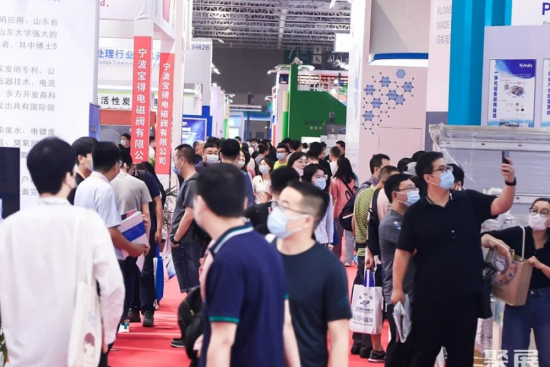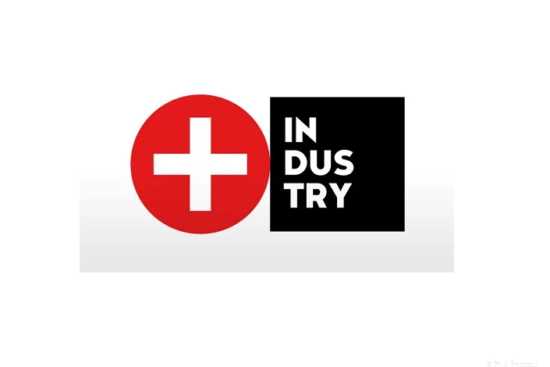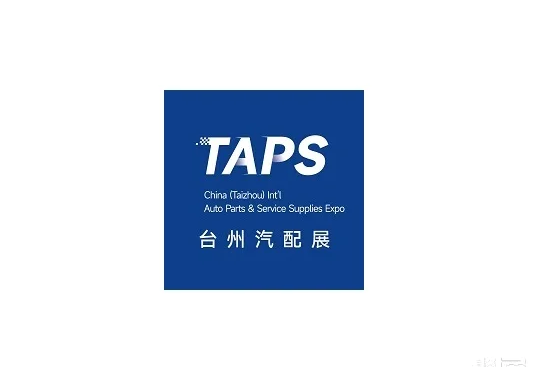DHS announces new high priority areas for UFLPA
The U.S. Department of Homeland Security (DHS) Forced Labor Enforcement Task Force (FLETF) released an updated version of its Strategy to Prevent the Importation of Goods Mined, Produced, or Manufactured with Forced Labor from the People’s Republic of China.Strategic BackgroundDHS released the first publication of the UFLPA strategy in June 2022. The strategy outlines a multi-pronged approach to combating forced labor in global supply chains. The strategy includes risks of forced labor imports from China, high priority sectors for enforcement, guidance for importers, recommendations for accurately identifying affected goods, etc. DHS released the first update to the publication in August 2023.the latest update The update builds on the government’s two-year effort to enforce the Unified Non-Tariff Barriers Act. The latest strategy identifies new enforcement priority sectors – aluminum, polyvinyl chloride (PVC), and seafood. These sectors were identified because Uighurs and other ethnic minorities in the Xinjiang Uighur Autonomous Region (XUAR) face a higher risk of forced labor or state labor…
FLETF identifies new high-priority sectors in updated UFLPA
On July 9, 2024, the Forced Labor Enforcement Task Force (FLETF) released its annual updated guidance for implementing the Uyghur Forced Labor Prevention Act (“UFLPA”) in a report to Congress titled “2024 Update on the Strategy to Prevent the Importation of Goods Mined, Produced, or Manufactured with Forced Labor in the People’s Republic of China” (“Updated UFLPA Strategy”). This report is the second update to the strategy since the UFLPA came into effect in June 2022. Since the first update to the strategy, released on July 26, 2023, the FLETF has significantly expanded the UFLPA Entity List and designated three additional high-priority enforcement industries: polyvinyl chloride (PVC), aluminum, and seafood. Between July 26, 2023 and June 12, 2024, 38 new entities were added to the UFLPA Entity List, which now contains a total of 68 entities. The FLETF has also updated its methodology for designating entities to the UFLPA Entity List. Beginning May 17, 2024, the FLETF began individually counting…

